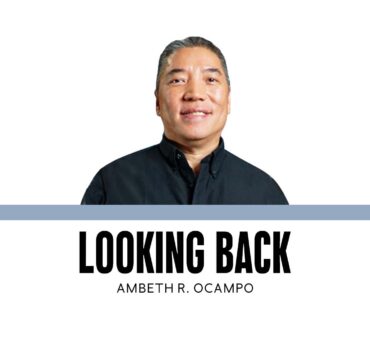Asia’s gig economy gets a legal upgrade

Gig work, symbolized by on demand work and freelancing, has expanded rapidly worldwide. The convenience of being able to accept work with just a smartphone has provided many with flexible working arrangements.
Behind the surface, lurk issues such as unstable working conditions and exclusion from social security for gig workers. Gig workers are usually denied rights as regular employees. Consequently, they have been pushed outside the scope of basic protection offered by labor laws, including minimum wages, medical insurance, compensation for illness, and injury at the job.
A landmark development for such workers came on Sept. 9 when Malaysia’s Gig Workers Bill 2025 passed the country’s Senate (Dewan Negara). As the world’s first comprehensive protection bill directly targeting gig workers, it will impact over 1.2 million workers in Malaysia.
A move to significantly transform the state of gig work started in the United States and Europe. In the US, California Assembly Bill 5, effective from Jan. 1, 2020, made it easier for gig workers to be recognized as employees. Spain enacted a specific law: the “Rider Law” (Royal Decree-Law 9/2021), effective from Aug. 12, 2021, made a legal presumption that food delivery riders are employees rather than self-employed.
Singapore’s Platform Workers Act, which came into force on Jan. 1, mandates gig workers to split social security contributions equally with the platform company, while expanding access to workers’ compensation and medical insurance.
Platform operators now bear responsibility for workplace safety. Systems for income protection and accident compensation have also been established. This formally incorporated gig workers into the mainstream labor protection mechanisms for the first time, having previously been excluded as self-employed individuals.
The approval of Malaysia’s Gig Workers Bill 2025 marks the beginning of substantive institutionalization of gig worker protection in Asia.
The provisions within this bill can be organized into four categories.
Firstly, provisions concerning service contracts. To enhance contract transparency, it is mandatory for contracts to clearly state the parties involved, duration, scope of work, remuneration, payment method, and rights and obligations.
Second, provisions concerning the rights of gig workers. Just cause is required for dismissal, and they are guaranteed the freedom to work across multiple platforms, the right to form, or join trade unions, as well as the provision of remuneration statements and mechanisms to prevent nonpayment.
Third, provisions concerning dispute resolution and tribunals. A three-tier structure is established: internal company grievance mechanisms, mediation, and swift, low-cost adjudication by the newly established Gig Workers Tribunal.
Fourth, provisions concerning councils, social security, and health and safety. The establishment of councils with equal employer and worker representation grants them the ability to propose minimum remuneration and system reforms.
Additionally, platform companies are obligated to contribute to the Social Security Organization, clearly ensuring their responsibility for occupational safety and health.
These provisions can be viewed as the “Malaysian hybrid model,” positioned between the European Union’s Platform Work Directive and the employment reclassification model exemplified by the United Kingdom and Singapore’s social security extension model. However, this bill does not represent a complete victory for gig workers.
Major platform companies did not actively show their support for the bill, and the government, balancing economic growth with worker protection, accepted a compromise solution. While contract transparency and basic social security were achieved, official collective bargaining rights and full employment status were not included.
Nevertheless, there is no doubt that the initiatives in Singapore and Malaysia have opened new horizons for protecting gig workers in Asia. While imperfect and fluid, Malaysia’s model presents a realistic scenario for emerging economies to regulate platform labor.
Together with Singapore’s reform, Malaysia’s experience positions Asia as an active arena of regulatory experimentation, offering a hybrid approach that is neither a wholesale reclassification of employment nor a simple extension of social security.
As similar debates unfold in countries such as Thailand and Indonesia, these cases provide crucial comparative material and underscore the importance for policymakers in other emerging economies of combining worker mobilization, public discourse, and expert input to craft protections suited to local contexts. The Jakarta Post/Asia News Network
—————-
Yosuke Uchiyama is a research fellow at the Transportation Institute, Chulalongkorn University.
—————-
The Philippine Daily Inquirer is a member of the Asia News Network, an alliance of 22 media titles in the region.

















Social justice: The key to shared prosperity